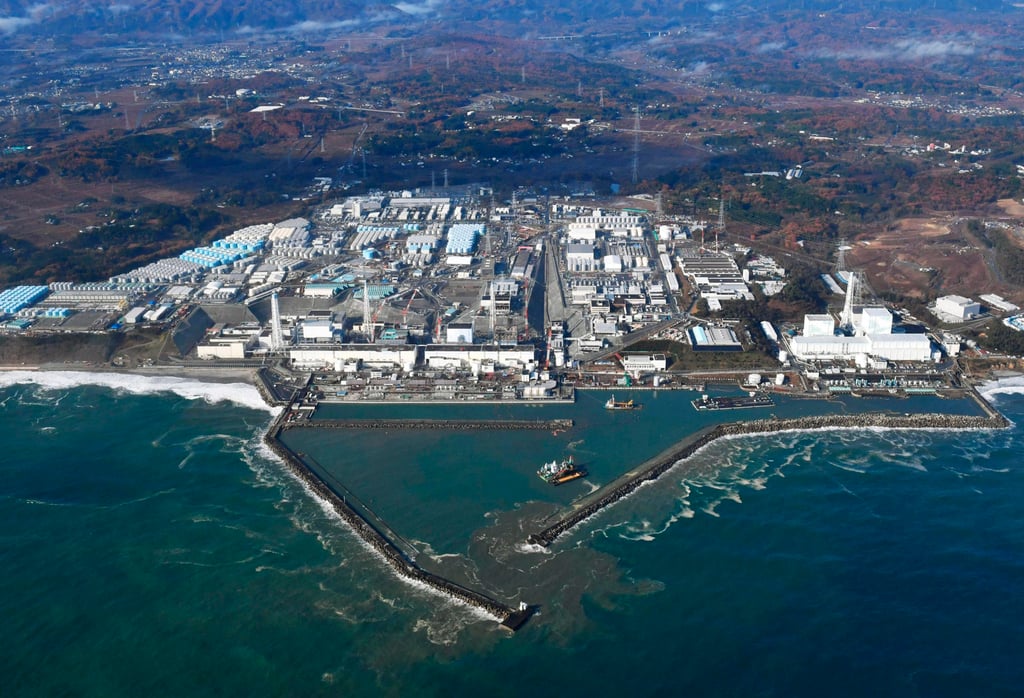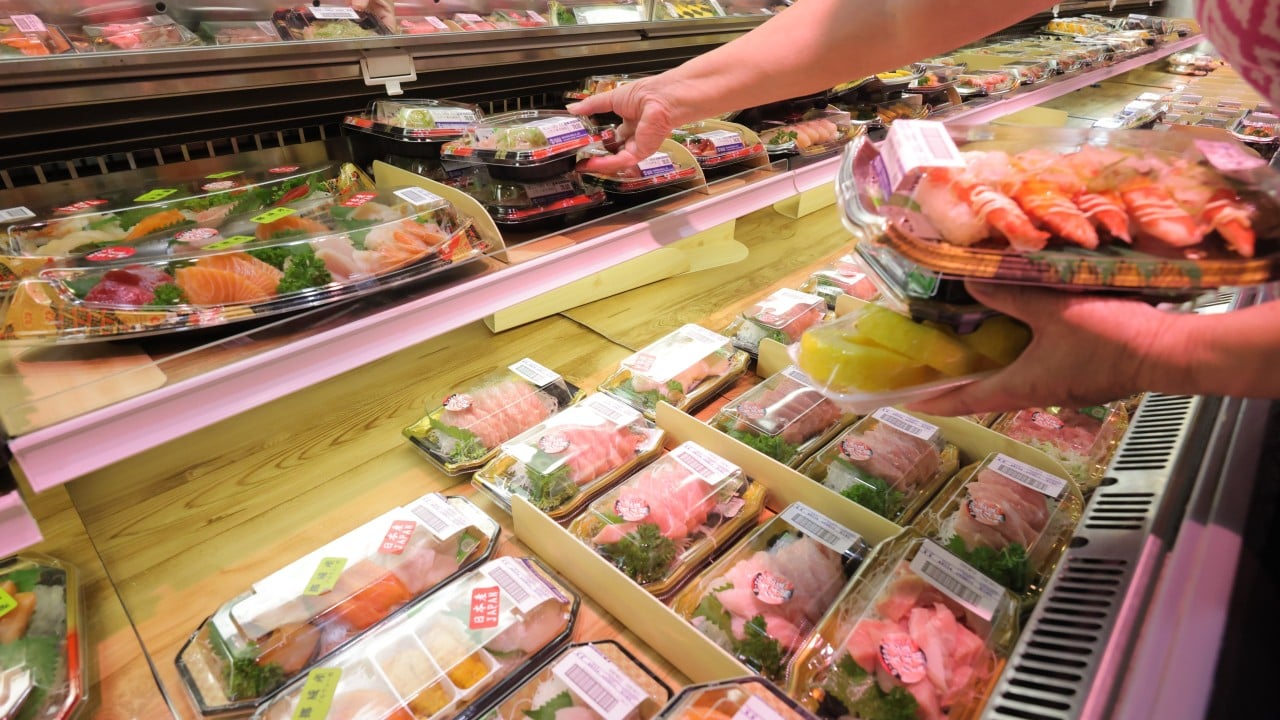Hong Kong has remained firm on the need for a ban on Japanese seafood after the country’s fisheries minister urged the city to drop restrictions imposed over the discharge of treated waste water from the mothballed Fukushima nuclear power plant.
Tetsushi Sakamoto, minister of agriculture, forestry and fisheries, called for an end to the ban as he visited the city on Friday and promoted his country’s products at the annual Food Expo.
He met Deputy Chief Secretary Warner Cheuk Wing-hing, saying afterwards he had called for the ban to be dropped as it had no scientific basis, Japanese media reported.
But in a government statement issued on Saturday evening, Cheuk said he had expressed concerns during the meeting over the continued release of the treated waste water into the ocean, noting the “spillover effects” of the discharge were unprecedented.
The Japanese side had so far been unable to guarantee that the filtering and dilution systems would remain effective in the long run, he added.
“The Hong Kong Special Administrative Region government and society are highly concerned about food safety and public health. The government must act prudently and uphold strict gatekeeping,” the statement said.
Cheuk, who was acting as the city’s No 2 official during the meeting, said the government would keep a close eye on the latest developments of the discharge and review its response.
The meeting was joined by Japanese Consul General Kenichi Okada, acting environment chief Diane Wong Shuk-han and Undersecretary for Commerce and Economic Development Bernard Chan Pak-li.
In August last year, Japan began discharging some of the 1.34 million tonnes of treated nuclear waste water collected since a tsunami crippled the Fukushima Daiichi nuclear plant in 2011.

The waste water is filtered through a process known as advanced liquid processing system, which is approved by the International Atomic Energy Agency, to remove most radioactive elements.
But the decision to discharge the water prompted the Hong Kong government to ban aquatic products from 10 prefectures: Tokyo, Fukushima, Chiba, Tochigi, Ibaraki, Gunma, Miyagi, Niigata, Nagano and Saitama.
Mainland China decided to ban Japanese sea products from all prefectures.
In 2022, the mainland and Hong Kong were the largest and second-largest markets for Japanese seafood, accounting for 87.1 billion yen (US$587.2 million) and 75.5 billion yen worth of exports, respectively.
In the first six months of this year, Hong Kong was the largest market for Japanese seafood, accounting for 42.9 billion yen worth of exports.
Secretary for Environment and Ecology Tse Chin-wan earlier said the government had taken a conservative approach towards the ban as the discharge was unprecedented and difficult to monitor.
The city has been regularly testing seafood imports, local fishery products and seawater samples since the discharge began.
In an exclusive interview with the Post earlier, Japanese Consul General Okada said Hong Kong should end its ban, adding the waste water had not caused contamination.
Okada noted that the exports had dropped sharply since the bans were introduced and lamented the impact on local restaurants.
The Japanese government would continue to provide information and scientific evidence to its Hong Kong counterparts “as faithfully and transparently as possible”, he added.
“I hope the Hong Kong government will make the right decision at the right time, so Japan and Hong Kong can move on to the next stage where we can cooperate on many, many issues,” he said.


